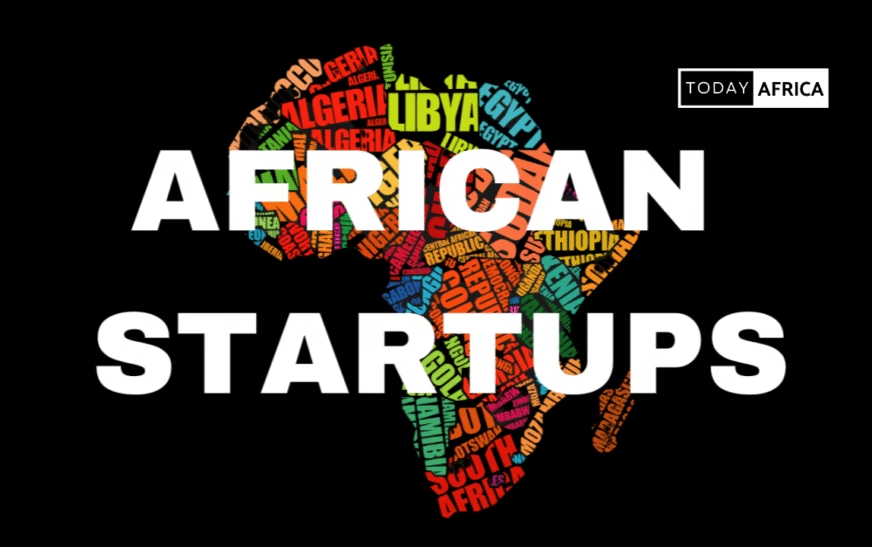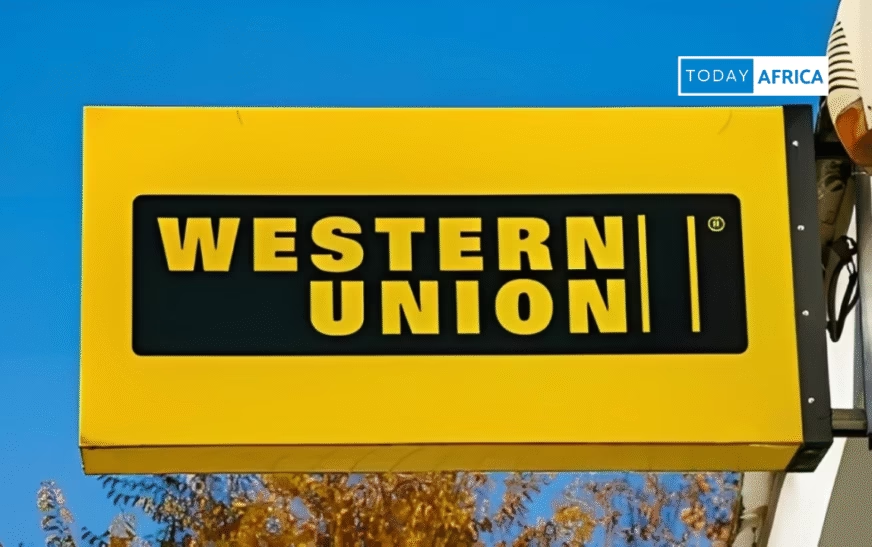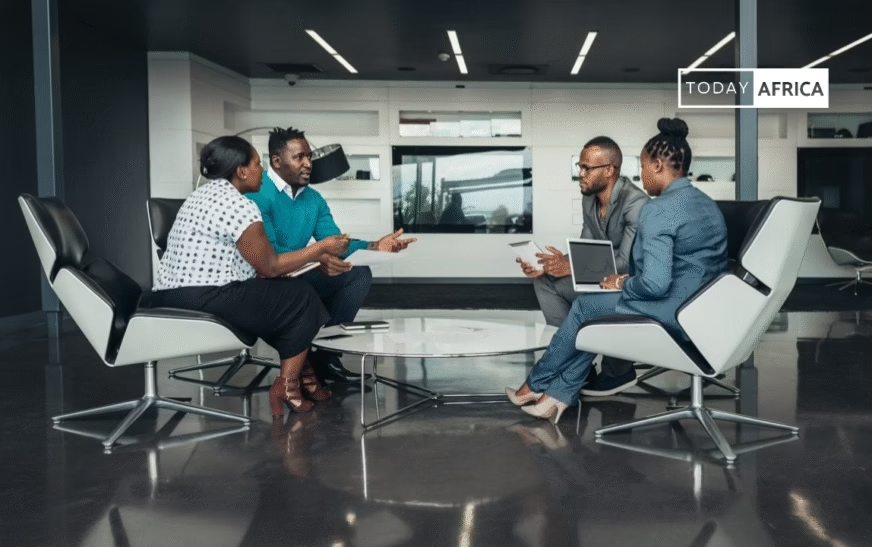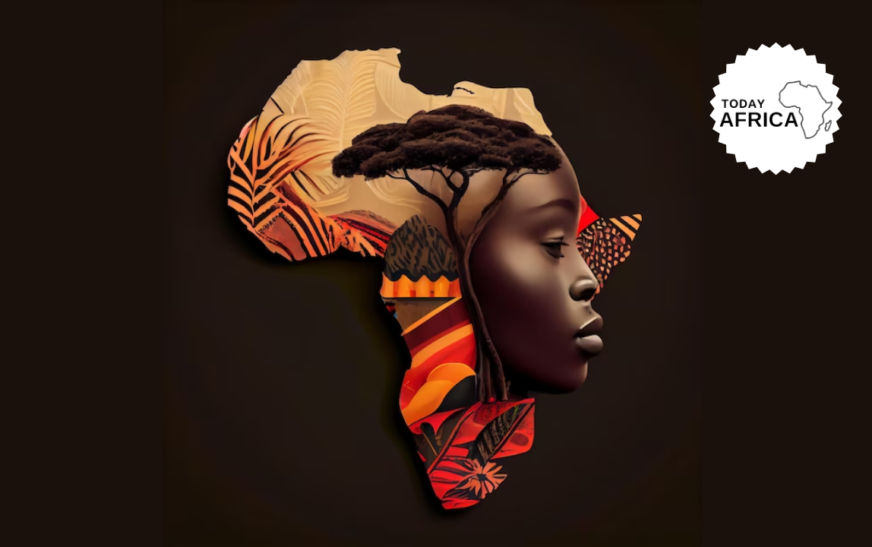When the Nigerian naira lost nearly half its value in a single year, many startups didn’t feel it all at once. It crept in slowly.
First, infrastructure bills doubled. Then investor reports, once proudly showing $1 million in annual revenue, now displayed $600,000 for the same naira figure. The story hadn’t changed; the math had.
Across Africa, that erosion is becoming one of the biggest blind spots in the continent’s innovation story.
Currency volatility, the unpredictable swings in local exchange rates, is reshaping how startups are valued, funded, and even perceived by global investors.
For years, venture capital has poured into Africa chasing its young population and rising digital adoption.
But behind the optimism, one question now echoes in investor calls and founder boardrooms: How much is this startup really worth in dollars, next month?
A currency that won’t sit still
Africa’s startup ecosystem depends heavily on foreign capital. Over 80% of venture funding raised on the continent in recent years has been dollar-denominated.
Yet almost all of that money fuels businesses earning in local currencies, naira, cedi, shilling, franc.
That mismatch is where the trouble begins.
When a founder raises $5 million at a $20 million valuation, it sounds solid on paper. But if the local currency loses 40% of its value by the next funding round, the company’s revenue measured in dollars effectively shrinks. T
he startup may still be growing locally, but in investor terms, it looks like it’s moving backwards.
It’s not just theoretical. The Central Bank of Nigeria’s decision to float the naira in mid-2023 caused an immediate 40% depreciation.
Overnight, startups that had raised funds or reported performance in dollars saw their numbers slashed.
One Lagos founder told Rest of World that what used to be $1 in revenue has now converted to just 60 cents. That’s the hidden arithmetic behind Africa’s current valuation dilemma.
When numbers stop telling the full story
A startup valuation is, at its core, a story about the future, how much investors believe the company will grow. But when exchange rates swing violently, that future becomes harder to price.
For dollar-based investors, a depreciating local currency means potential returns shrink even if the startup performs. For founders, it means they have to hit higher local growth targets just to stand still in dollar terms.
The knock-on effects ripple through every part of the ecosystem.
In Nigeria, where inflation has surged and foreign exchange controls fluctuate, investors have started applying quiet “FX discounts” to local startups.
It’s rarely written down, but it’s there, a smaller check, a lower multiple, a tougher negotiation.
In Ghana, where the cedi fell sharply in 2022, some early-stage investors began demanding revenue diversification outside the local market as a prerequisite for funding.
In Kenya, founders increasingly track both shilling and dollar revenue to reassure investors that they understand the exposure.
The same pitch decks still sparkle. But beneath them, the math has become a moving target.
Read Also: How Local Investors are Transforming African Venture Capital
A valuation tug-of-war
At first glance, valuations should be simple: growth times a multiple. But in volatile economies, the multiple itself becomes emotional.
Investors now price in the risk that, by the time they exit, the local currency could be worth half as much.
So they hedge by lowering what they’re willing to pay today.
Founders, on the other hand, argue that their businesses are growing in real terms, serving more users, expanding distribution, driving impact, and shouldn’t be punished for macro instability beyond their control.
The tension is palpable.
“I spend as much time explaining our currency exposure as I do our business model,” a Nairobi-based fintech founder told TechCabal. “Every time the shilling moves, someone on our cap table updates their spreadsheet.”
For early-stage companies, the effect can be brutal. A pre-seed valuation that might have been $2 million in early 2022 can quietly slip below $1.5 million by the next round, not because the business stalled, but because the currency did.
The same dynamic also distorts regional comparisons.
A South African startup operating in rand (a relatively more stable currency) might command a higher valuation multiple than a Nigerian peer, even with similar traction.
That imbalance shapes where capital flows, and where it retreats.
Why this moment matters
Currency volatility is not new in Africa. What’s different now is scale and timing.
In the past five years, African tech funding has exploded, from roughly $500 million in 2017 to over $2.8 billion in 2025. The continent is no longer a peripheral bet; it’s a growing node in global venture networks.
But global conditions have changed, too. Rising US interest rates and investor caution mean every dollar is more selective. And in this new era, macro risk like inflation, devaluation, and policy instability weighs more heavily in the equation.
So while innovation remains strong, valuation optimism is being tempered by the new reality: growth stories need financial resilience to match.
Nigeria – when FX eats your runway
No country illustrates the point more starkly than Nigeria.
When the naira’s multiple exchange rates were unified in June 2023, startups suddenly found themselves in a harsher spotlight. Companies that had raised $5 million just months earlier saw their dollar runway shrink by nearly half.
Printivo, an online printing startup, told Rest of World that its cloud and software costs jumped by 200% after the new exchange rate kicked in. For many SaaS-heavy businesses, the devaluation hit both sides, revenue down in dollar terms, costs up in dollar expenses.
Some investors began urging portfolio companies to rebase their financials entirely in local currency, to avoid “FX shock” distortions.
But when fundraising resumes and the round is priced in dollars again, the same problem resurfaces.
It’s a loop no one has quite solved.

East Africa’s softer but still risky ride
Kenya’s shilling has depreciated steadily, not dramatically, and the region’s regulatory stability makes it easier for investors to plan. Yet even there, startups feel the pinch.
Twiga Foods, the Kenyan agritech giant, sources much of its equipment and software abroad. Currency weakness quietly lifts its costs, which feeds into profit margins and eventually into how investors model its value.
Other founders in Rwanda and Uganda have learned to report two sets of metrics: local currency for operations, dollars for investor updates. It’s a subtle but telling shift that everyone is doing their own FX translation now.
Related Story: Inside the Rise of Convertible Notes and SAFEs in African Venture Deals
Hedging is a luxury, not an option
In theory, startups could hedge against currency risk. In practice, that’s out of reach for most.
Financial instruments like forward contracts and swaps are scarce or expensive in African markets. Banks may not even offer them at the scale early-stage companies need.
And in many countries, capital controls make it difficult to hold foreign-currency balances or settle transactions abroad.
So founders improvise. Some keep small USD reserves to cover critical expenses. Others diversify revenue streams, expanding into neighboring countries or offering cross-border services that earn in dollars.
A few structure their holding companies offshore to raise and store capital in stable currencies, then drip-feed funds into local subsidiaries as needed.
These are clever fixes. But they’re patches, not protection.
Investors are recalibrating
On the investor side, the response has been cautious but creative.
Some African venture funds now explicitly factor exchange-rate assumptions into their financial models, even using blended currency valuations for portfolios across multiple markets.
Others push founders to build regional plays from the outset, so revenue doesn’t depend on a single volatile economy.
A handful of local funds, like Future Africa and Launch Africa, argue that this is exactly why local capital must rise; funds that earn and deploy in the same currency can shield startups from the mismatch.
But for now, that remains aspirational. Africa’s pension funds, insurance firms, and institutional investors, the natural providers of long-term local capital, are still largely absent from tech investing.
Until that changes, the ecosystem will continue dancing between currencies it can’t control.

The consequence: valuation compression
All this volatility ultimately shows up in one place, the cap table.
Across markets, valuations are starting to compress. Deals that might have fetched 15x revenue multiples three years ago now settle closer to 7x or 8x.
Investors are demanding more realism, shorter growth horizons, and clearer paths to dollar resilience.
That’s not necessarily bad. In some ways, it’s a return to fundamentals. But it does mean founders have to navigate a narrower runway, both literally and figuratively.
And for ecosystems, it risks widening the gap between “safe” markets and “risky” ones.
Countries with stable currencies and predictable policy (like Kenya or Morocco) may see more venture activity, while others struggle despite having equal or greater entrepreneurial talent.
Read Also: Why African Startups Struggle with Scaling and How to Fix It
The deeper question: whose risk is this, really?
When you step back, currency risk exposes a more philosophical tension: who should bear the cost of volatility, the founder, the investor, or the system?
Founders argue that they can’t be penalized for macro conditions they didn’t create. Investors, meanwhile, have limited tolerance for shrinking returns in dollar terms.
Policymakers insist that long-term reforms will stabilize currencies eventually, but that “eventually” can last years. In the middle sits the startup, building, hiring, shipping, adjusting.
Maybe, as some ecosystem leaders suggest, the solution isn’t just financial hedging but economic alignment: nurturing more local investors, encouraging regional trade in local currencies, and designing startups that can survive in imperfect markets rather than depend on perfect ones.
It’s a slower route to scale, but perhaps a more sustainable one.
A more honest story
The African startup story has always been about resilience, about building despite what doesn’t work. Currency volatility simply adds another layer to that.
The startups that will endure aren’t just the ones chasing growth.
They’re the ones thinking about structure: how to earn in stronger currencies, how to manage cost exposure, how to communicate transparently with investors about macro risks.
For investors, the challenge is to keep faith while being realistic, to price risk without killing ambition.
And for policymakers, it’s a reminder that the FX market isn’t abstract: it touches real entrepreneurs, real jobs, and the continent’s innovation brand.
Read Also: How African Founders are Adapting to the Startup Funding Slowdown
Conclusion
Currency volatility doesn’t stop African innovation, but it does test it.
If the last decade was about proving that African startups can grow, the next one may be about proving they can endure. Because the real question isn’t just how big the next African unicorn will be.
It’s how stable the ground beneath it is. And that, ultimately, might be the truest measure of value.
Leave a comment and follow us on social media for more tips:
- Facebook: Today Africa
- Instagram: Today Africa
- Twitter: Today Africa
- LinkedIn: Today Africa
- YouTube: Today Africa Studio
















